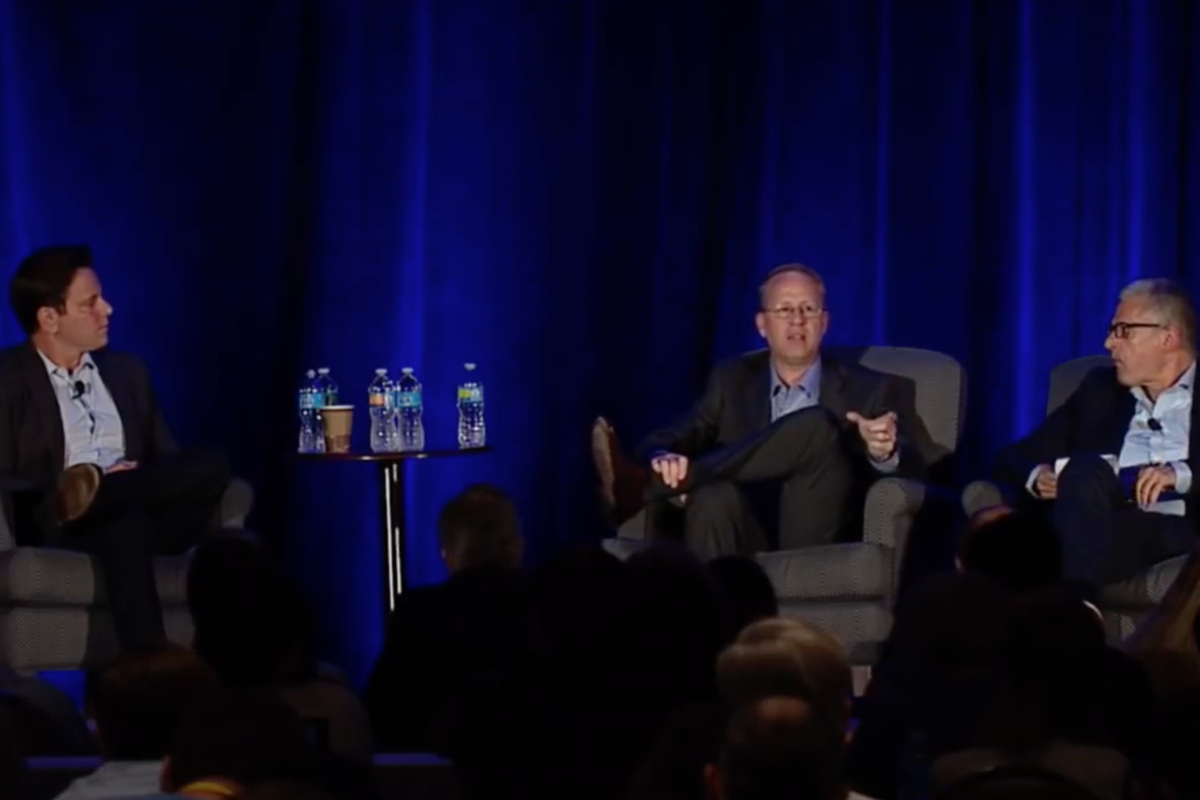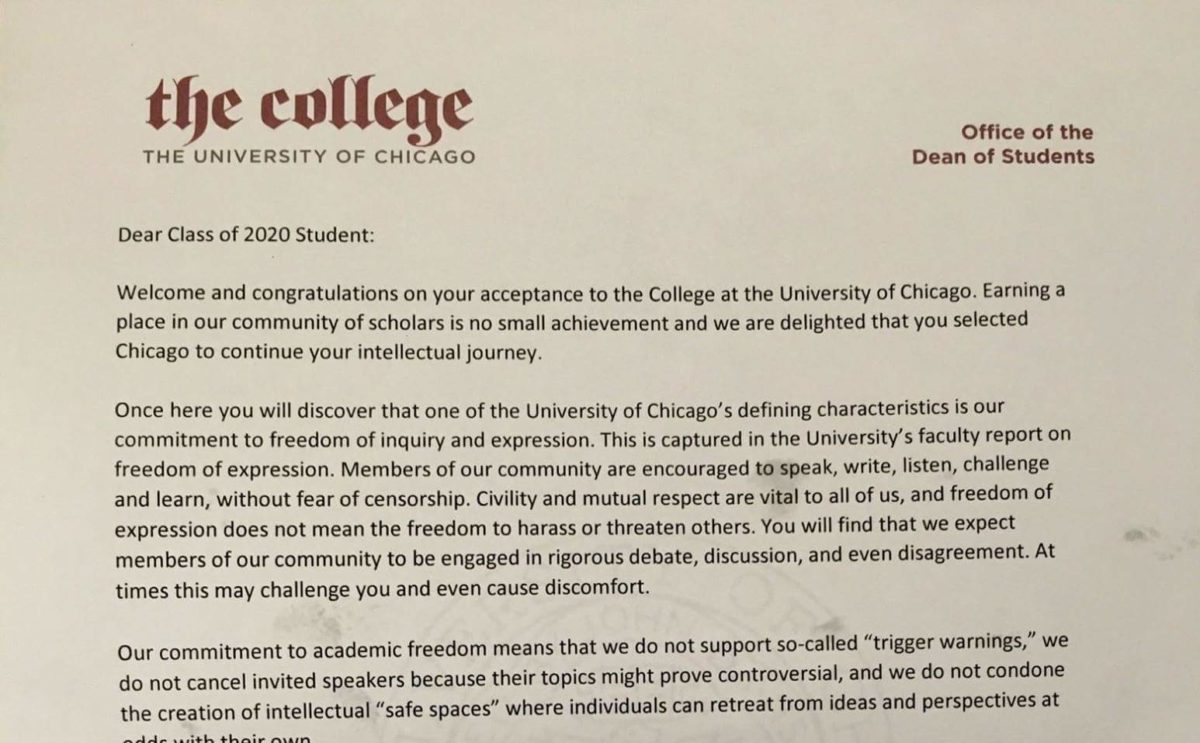Court ruling favors corporate interests
The Badger Herald, January 25, 2010
 Editor:
Editor:
Chelsea Lawliss asserts that corporations have no right to freedom of speech because a “corporation is a collective entity and, by default, a machine that runs on the fuel of self-interest.” On the contrary, Justice Kennedy’s majority opinion notes that a corporation is run by individuals, including those who promote its political positions. He is right: a corporation just is a group of individuals freely associating with each other, and the free speech rights of a corporation derive from the free speech rights of these individuals.
In the majority opinion, Kennedy rebuts the assertion that a corporation is a rightless legal fiction. He demonstrates that a newspaper, such as the New York Times, is published and controlled by a corporation, but is exempt from the McCain-Feingold campaign finance law because of some groundless aura that surrounds a newspaper. The paper, however, is not staffed by machines, but by humans who express their opinions every day and who are paid by the corporation to write what they think.
What fundamental distinction is there between a newspaper and any other voluntary association of individuals, except in its product? None, argues Kennedy. Newspapers are no more special than any industrial or business organization. Their business is to report news and to take sides on issues, but the expression of opinions on issues is not inherently their exclusive domain or expertise. Indeed, is it not in a newspaper’s self-interest—not unlike another corporation’s—to express its opinion and attempt to influence an election?
Citizens United, which was being persecuted by the Federal Election Commission, is a voluntary association of individuals—no different from a newspaper—who agreed on a specific issue and spoke through that association. They were exercising their freedom as thinkers and citizens.
Intellectual freedom, wrote novelist-philosopher Ayn Rand, “cannot exist without political freedom; political freedom cannot exist without economic freedom; a free mind and a free market are corollaries.” Political freedom includes the right to speak, and the right to hire representatives—corporate or otherwise—to speak on one’s behalf.
Regards,
Edward Cline
Guest writer, The Undercurrent
(Author: First Prize, Whisper the Guns, and the Sparrowhawk historical novels)




